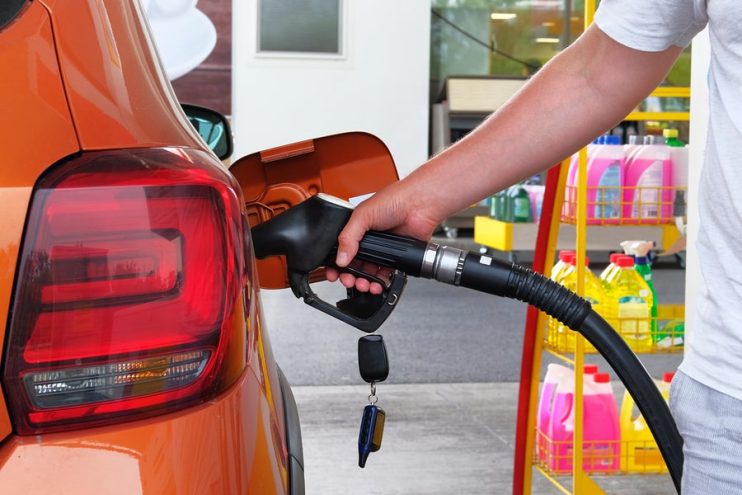
Is your car slurping up more fuel that normal? Have you noticed that you’ve had to fill up more frequently and the same routine journeys are starting to cost more in fuel? Even though this might be hurting you in the wallet, poor fuel economy is about more than just the cash. It could be a sign of deeper issues with your car.
Using more fuel is also not very green; with car emissions still making up a significant amount of pollution in the UK, you’ll want to keep your car on the efficient side to do your bit for our future.
There are many potential causes behind poor fuel economy, with some more prevalent than others. What are the main ones – and some of the signs that you can watch out for?
Air Filter
Periodically changing the air filter is a standard maintenance task, and you’ll normally find the service intervals for this part listed in your owner’s manual under ‘engine air filter’.
Having trouble recollecting the last time it was replaced? It may be worth getting a new one, especially if you’re noticing an increase in fuel consumption. It is a low-cost part and even a novice mechanic should be able to do the replacement work.
Clogged air filters impact the air flow into the engine, meaning that the engine has to generate more power than normal by burning more fuel – and this forced combustion can even cause damage to the engine.
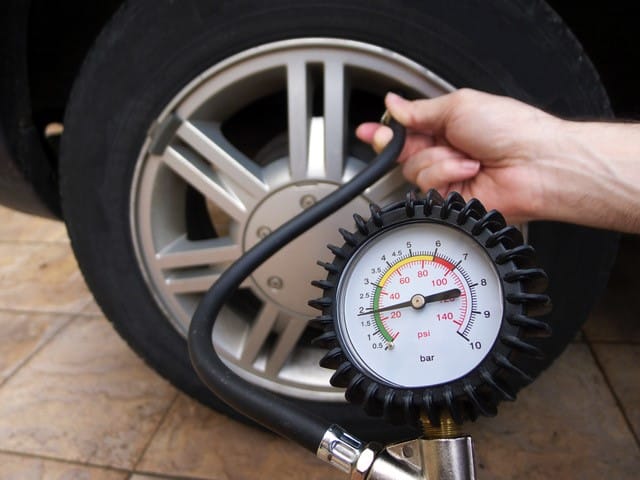
Tyre Pressure
One of the main culprits of poor fuel economy is low or incorrect tyre pressure – and fortunately, it’s also one of the simplest to put right.
When tyres are not correctly pressurised, this increases the amount of contact they have with the road – the so-called rolling resistance. More energy (and therefore fuel) is required to get the car up to the same speeds as with normally inflated tyres.
If you have a newer vehicle, you may have sensors and indicators that help you monitor tyre pressure. However, these may only notify you when the pressure reaches a low point – you could be running a tyre with deficient pressure and be completely unaware.
When it comes to checking tyre pressures, remember not to use the maximum pressure that’s listed on the outside of the tyre; instead look for the car manufacturer’s recommended pressure – usually found on the panel inside the driver’s side door or the glove compartment.
Oxygen Sensor
Oxygen sensors do exactly what you’d expect; monitor and measure the air intake and the emissions dispelled by the car. When the oxygen sensor is broken, your dashboard’s check engine light will inform you of the situation, leaving you with a clear indication you need to get to the mechanics. An oxygen sensor that’s damaged or on its way out may appear to be operating normally, but will in fact be telling the engine to use (and waste) more fuel.
Much like the air filter, the oxygen sensor is one of the less expensive parts out there and is relatively easy to change yourself – if you suspect this is the problem, then it’s a very easy and simple way to restore your previous fuel economy.
Spark Plugs
When your engine’s spark plugs are operating efficiently, this ensures that the maximum volume of fuel is ignited in the cylinder head. As spark plugs become worn out, if they are not sparking correctly (due to age, dirt build-up on simple wear and tear) this will decrease the fuel efficiency of the engine and can even lead to fuel in the exhaust and backfires.
Other symptoms of this problem include stumbling, hesitating and even rough idling as the engine struggles to get the power it needs from combustion. Checking the spark plugs is a simple enough task and it’s also not too complex to perform a replacement of one or more plugs yourself.
Fuel Injectors
Dirty, old, leaking, or worn-out fuel injectors will increase your fuel consumption, as the engine struggles to pull through the fuel it needs for combustion, reducing its overall efficiency.
Whilst this is one of the most common causes of poor fuel economy, you may be able to avoid a costly replacement bill by getting the fuel injectors cleaned.
Driving Habits
One of the most common causes of increased fuel consumption is driving style. Have you become more aggressive behind the wheel or started driving more in stop-start rush hour traffic? Either could be a cause of poor fuel economy.
Driving carefully and methodically helps preserve your fuel economy. Excessive idling also wastes fuel; gone are the days when cars needed to sit, chugging away on the driveway to warm up in the morning. Turn the engine off, and pop it in neutral, when you’re waiting for someone. It’s not only economical, but it’s also more ecologically friendly.

And Finally
Although many of the problems that could be leading to poor fuel economy in your car can be resolved simply – working out the exact culprit can be more difficult.
To ensure you suffer from fewer problems with excessive fuel consumption, try to stick to your service intervals recommended by your vehicle’s manufacturer. Change your air filter and spark plugs in line with their advice. And remember, it’s not only about saving you money in the wallet – using less fuel is better for everyone and cuts down harmful emissions that have been proven to be damaging the environment.

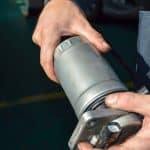
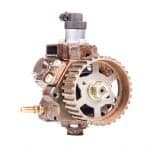
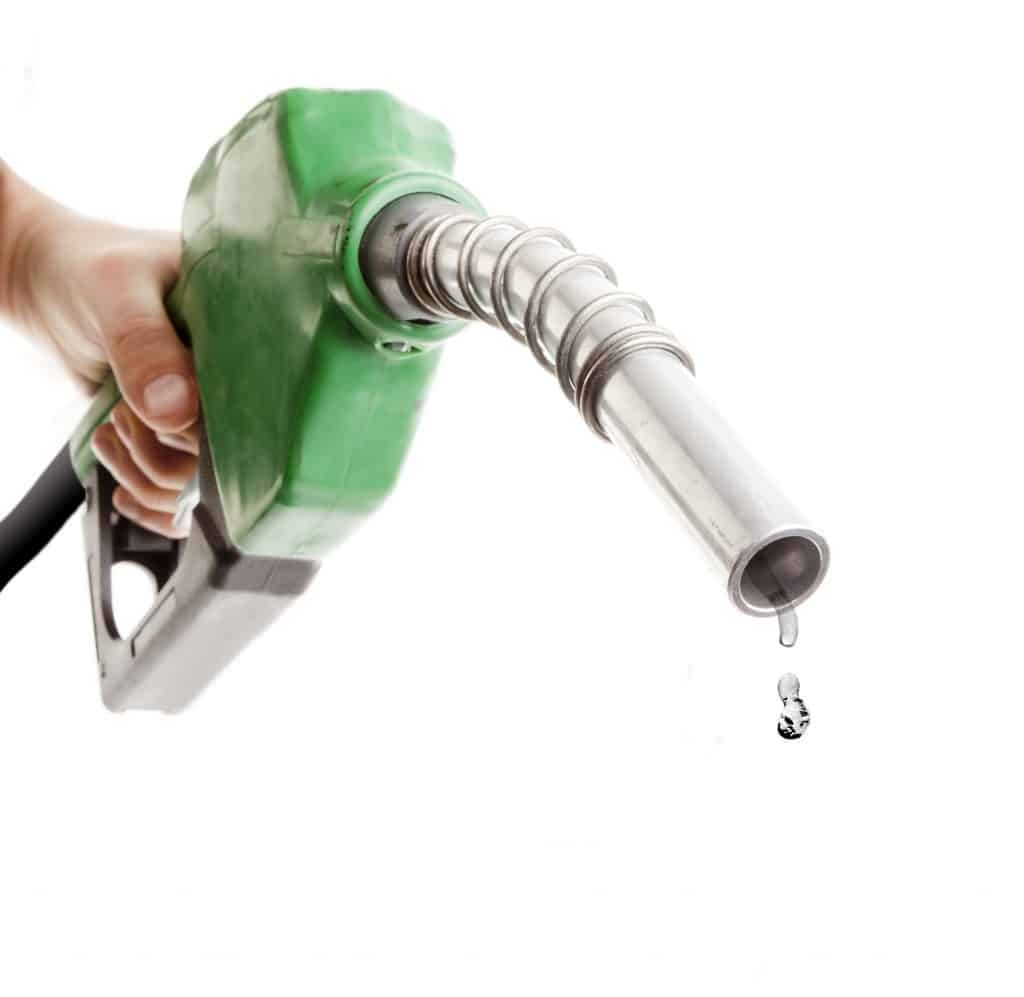
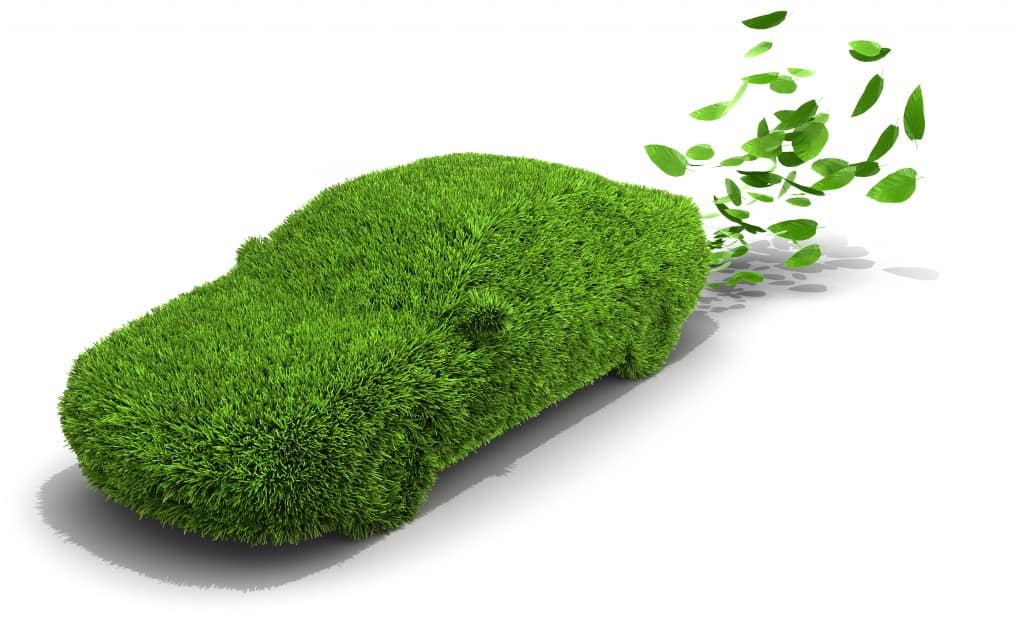
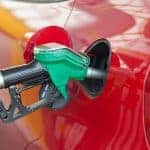
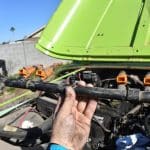
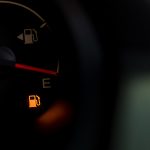
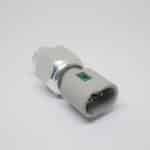
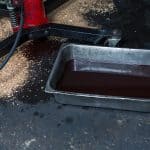


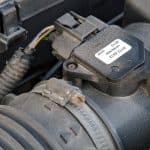
.png)